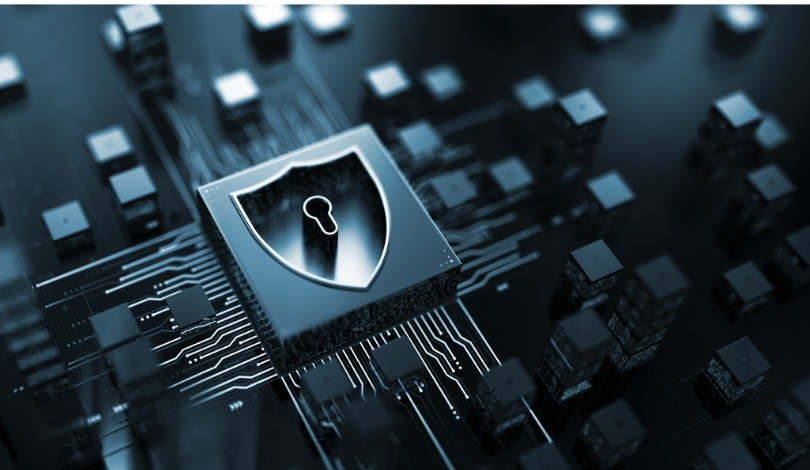As cyber threats increasingly target the healthcare industry, legislative action is underway to bolster defenses and protect sensitive patient data. The proposed Health Infrastructure Security and Accountability Act aims to establish stringent cybersecurity standards across healthcare providers, plans, and associated entities. This initiative comes in response to recent high-profile ransomware attacks that have exposed vulnerabilities within major health systems, highlighting the urgent need for comprehensive security measures.
Previous efforts to enhance cybersecurity in healthcare have often relied on voluntary standards, which many entities have inadequately implemented. The new bill seeks to address these shortcomings by enforcing mandatory protocols and imposing significant penalties for non-compliance. This marks a shift towards more rigorous oversight and accountability within the industry, ensuring that all stakeholders adhere to best practices in data protection and system security.
What Triggers the New Cybersecurity Legislation?
The introduction of this bill is largely a reaction to the February ransomware attack on Change Healthcare, a UnitedHealth Group subsidiary. The breach was facilitated by the absence of multi-factor authentication, allowing hackers unauthorized access to critical systems. UnitedHealth CEO Andrew Witty acknowledged the lapse, stating,
“Change Healthcare was in dire need of modernization, and the lack of MFA on a key server led to significant data exposure.”
The incident exposed extensive health data and disrupted operations, underscoring the vulnerability of existing infrastructures.
How Will the Bill Enhance Cybersecurity Practices?
The legislation mandates the Department of Health and Human Services to conduct annual audits of at least 20 regulated entities, focusing on those deemed systemically important. Additionally, it removes financial penalties caps, allowing for larger fines against organizations that fail to meet the required standards. Rural and urban safety net hospitals are slated to receive substantial investments to implement these enhanced security measures, ensuring a more uniform adoption of best practices across the sector.
What Responsibilities Will Healthcare Executives Hold?
Under the proposed bill, healthcare executives must annually certify their institution’s compliance with the new cybersecurity standards. This accountability measure is designed to ensure that top leadership prioritizes and upholds robust security practices. Senate Finance Committee Chairman Ron Wyden emphasized the importance of executive responsibility, stating,
“These reforms will set a course to beef up cybersecurity among health care companies and stem the tide of cyberattacks.”
This accountability is expected to drive a culture of security from the highest levels of management.
Implementing these measures will not only mitigate the risk of future cyberattacks but also restore trust in the healthcare system’s ability to protect patient information. The bill’s comprehensive approach addresses both technological and organizational aspects of cybersecurity, aiming to create a resilient framework capable of adapting to evolving threats. By enforcing strict standards and ensuring executive accountability, the legislation seeks to safeguard the integrity of healthcare operations and the privacy of millions of Americans.
Ensuring robust cybersecurity in healthcare is critical, given the industry’s reliance on digital systems for managing sensitive patient data and delivering care. The proposed legislation represents a significant step towards fortifying these defenses, providing clear guidelines and substantial resources to support compliance. As cyber threats continue to evolve, such proactive measures are essential in maintaining the security and reliability of healthcare services nationwide.










